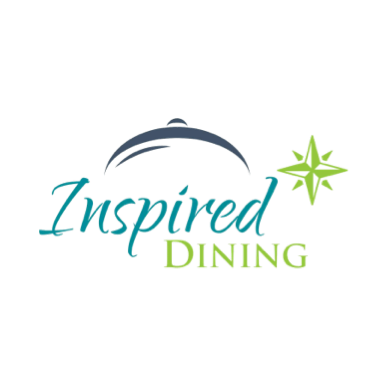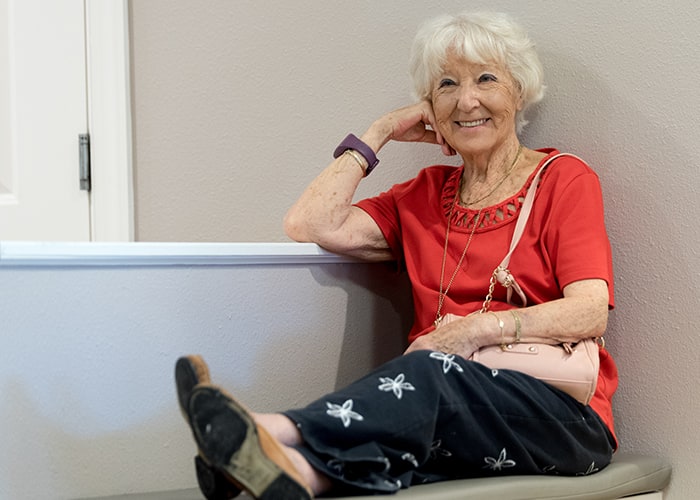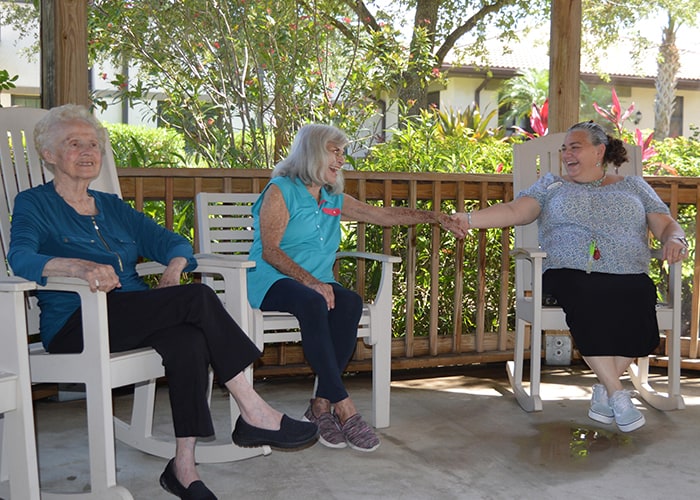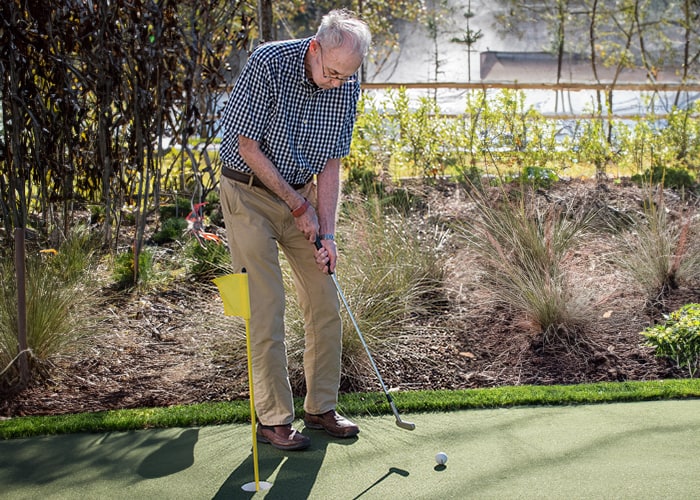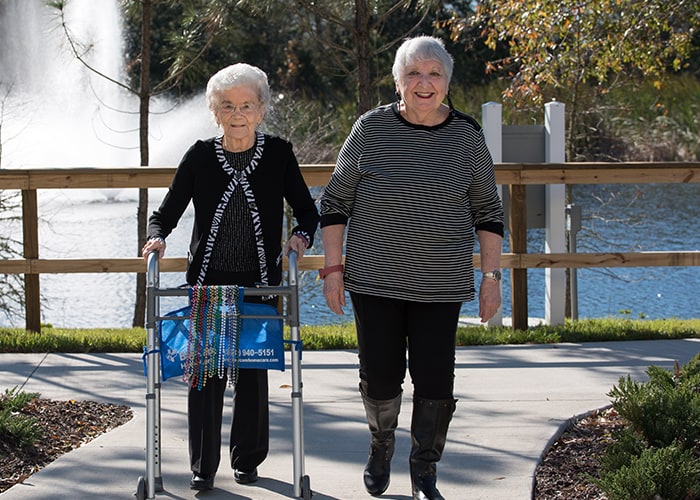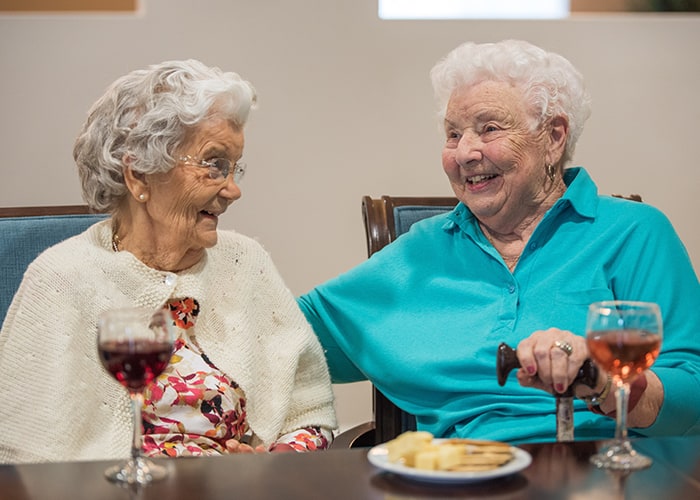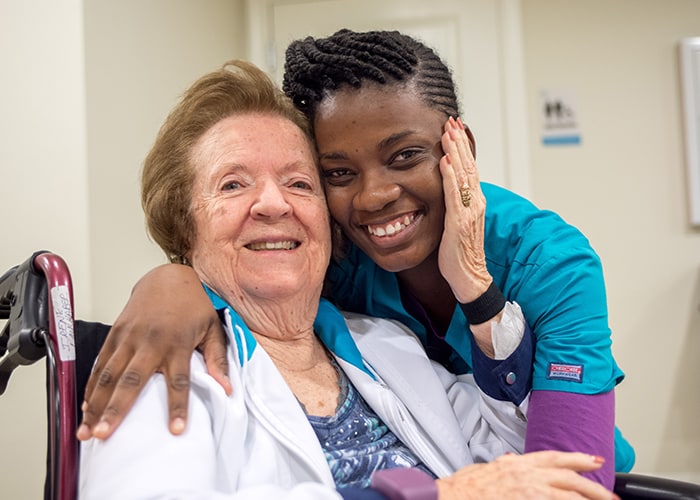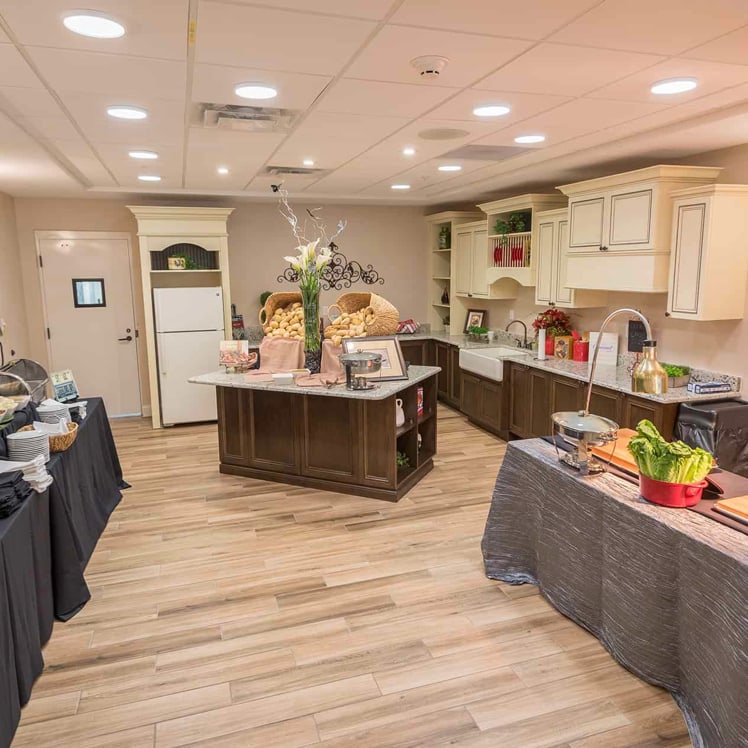Key Takeaways
- Protein is a key nutrient for supporting muscle health as you age.
- A balanced diet includes lean proteins, healthy fats, and carbohydrates from whole foods.
- Combining proper nutrition with gentle, regular exercise supports strength and mobility.
As we move through different stages of life, our bodies and their needs evolve. One way to support your well-being is by focusing on nutrition that helps maintain muscle strength as part of a comprehensive health and wellness program.
A thoughtful diet can help you continue doing the things you enjoy with energy and confidence.
You can support muscle-building over 60 by focusing on a diet rich in high-quality protein from sources like lean meats, fish, eggs, dairy, and plant-based options like beans and soy, combined with a balanced intake of healthy carbohydrates and fats.
Why Maintaining Muscle Matters As You Age
As we get older, our bodies change, and one of those changes can be a natural decline in muscle mass.
Keeping your muscles strong is essential for many daily activities, from getting up from a chair to carrying groceries. Strong muscles support your mobility and balance, which helps you continue to enjoy an active lifestyle.
Supporting muscle health is a key part of maintaining well-being in any setting, whether you’re in an active community focused on independent living or receiving daily support through assisted living. It’s all about feeling your best.
The Role of Protein for Muscle Support
Think of protein as the building blocks for your muscles. When you aim to maintain muscle, your body uses protein to help repair and build muscle tissue. Getting enough protein in your diet is a positive step toward supporting your strength.
How Much Protein Is Helpful After 60?
The amount of protein that’s right for you depends on several factors, including your activity level and overall health.
Generally, the Recommended Dietary Allowance (RDA) of protein is 0.36 grams per pound of body weight, and approximately 46% of adults 51 and older don’t meet daily protein recommendations.
A healthcare professional or a registered dietitian can offer guidance tailored to your specific needs. It’s also helpful to spread your protein intake throughout the day, including a source with each meal.
High-Protein Foods to Add to Your Diet
You can find protein in a wide variety of delicious foods. Focusing on whole foods is a great way to get the nutrients your body needs. A balanced diet supports overall wellness, which is a focus in many senior living communities.
Animal-Based Proteins
These foods are complete proteins, meaning they contain all the amino acids your body needs. When considering meat, it’s helpful to know which types to eat or avoid for a healthy diet:
- Lean meats and poultry
- Chicken, turkey, and lean cuts of beef are go-to sources; ground meats are a helpful option, as they are often easier to chew
- Fish
- Fatty fish like salmon and tuna provide protein and omega-3 fatty acids, which support brain and heart health
- Eggs
- Eggs are a versatile food that offers high-quality protein, and you can prepare eggs in many different ways
- Dairy
- Milk, cheese, cottage cheese, and Greek yogurt are all excellent sources of protein and calcium for bone health
Plant-Based Proteins
You don’t need to eat meat to get enough protein. Many plant-based foods are packed with protein and other helpful nutrients.
- Soy foods
- Tofu, tempeh, and edamame are complete proteins and offer versatile plant-based choices
- Beans and lentils
- These are packed with protein and fiber, which aid in digestion; think black beans, chickpeas, and red lentils
- Nuts and nut butters
- Peanut butter and almonds are simple ways to add protein and healthy fats to snacks and meals
What About Carbohydrates and Fats?
A balanced plate is important. Healthy carbohydrates, like whole grains, fruits, and vegetables, give you energy for daily activities. And healthy fats from sources like avocados and olive oil are also part of a well-rounded diet.

Considering Protein Supplements and Drinks
For some, especially when you have a smaller appetite, finding enough protein just through food can sometimes be tricky. You might consider adding a protein supplement, either to use alongside your everyday meals or during recovery at home or during a short-term respite stay.
It’s always a good idea to speak with your doctor before adding a supplement to your routine.
Types of Protein Powders
If your doctor suggests a supplement, you’ll find a few common types available. These include whey, casein, and plant-based powders made from soy or peas. You can mix powders with milk or water, or add them to smoothies and oatmeal for an easy boost.
Combining Nutrition with Gentle Exercise
What you eat works together with how you move. Pairing a protein-rich diet with regular physical activity is a meaningful combination for supporting muscle health. Gentle strength and resistance training can be very beneficial, and there are many low-impact exercise options to explore.
Activities that improve balance, like tai chi or chair yoga, are also helpful. Many communities offer structured programs that make it easy to stay active safely. The goal is to find movement you enjoy and can do consistently.
Embrace A Supportive Lifestyle
Eating a protein-rich diet and staying active are positive ways to support your muscles as you age. These habits contribute to overall well-being and can help you maintain an active and engaged life.
At Inspired Living, we embrace a wellness approach that nurtures mind, body, and spirit. Our dining programs and wellness activities are designed to help every resident thrive. We’re here to support you in living a vibrant, fulfilling life.
If you’d like to learn more about our approach to health and wellness, contact us today. We would be happy to answer your questions or schedule a personal tour.







